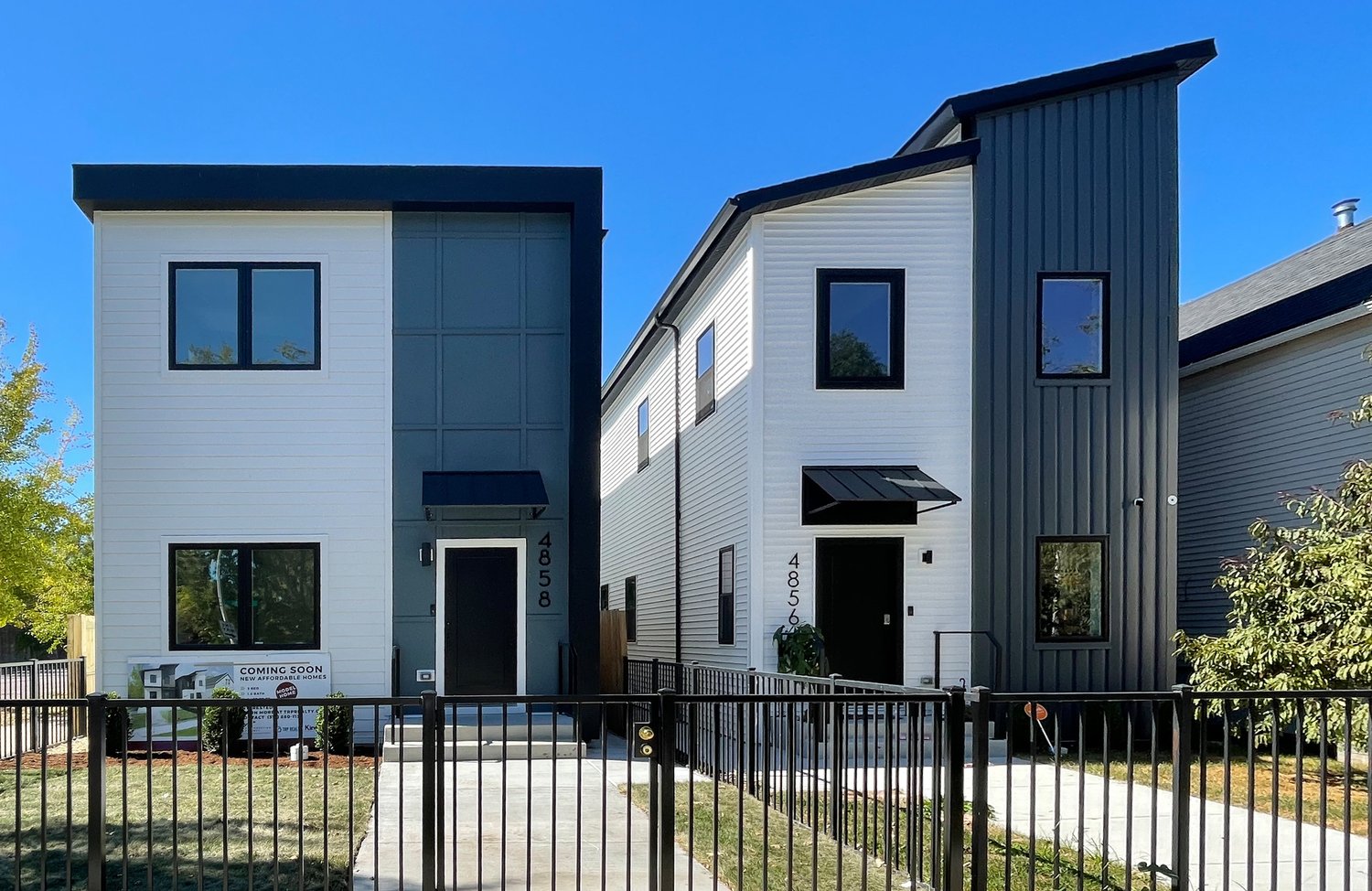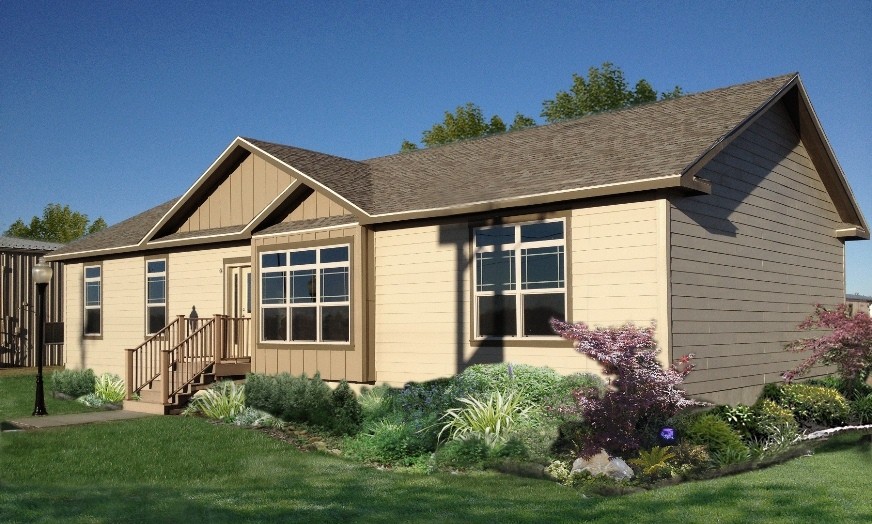The idea of putting tiny houses on a vacant lot and creating a Tiny House Hotel called Caravan was the brainchild of Portland school teacher-turned entrepreneur Deb Delman and small-house advocate and author Kol Peterson. Sadly, the hotel, which opened in 2013, has closed its tiny doors for the last time.
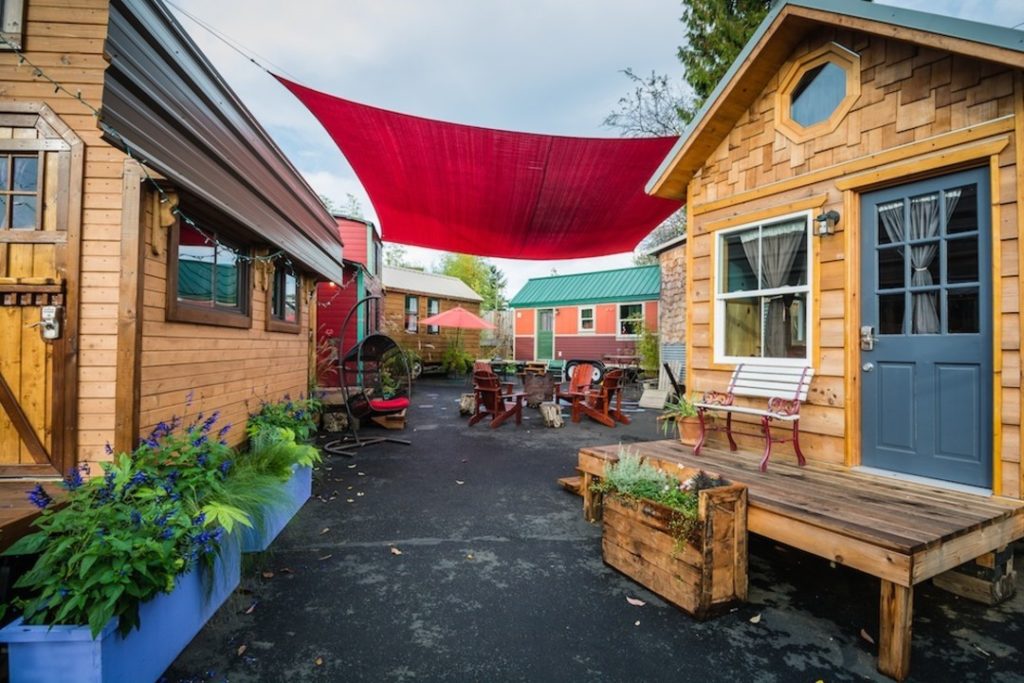
People wanting to see firsthand what living in a tiny house and to learn if living in one was for them flocked to the hotel. The idea became popular with more tiny house hotels springing up across the globe. Many thought they looked like the communes of the 1960s when the Flower Children gave up their possessions and lived in close proximity to each other. But whatever the reason for staying there for a few days or months, people learned what tiny house living was all about.
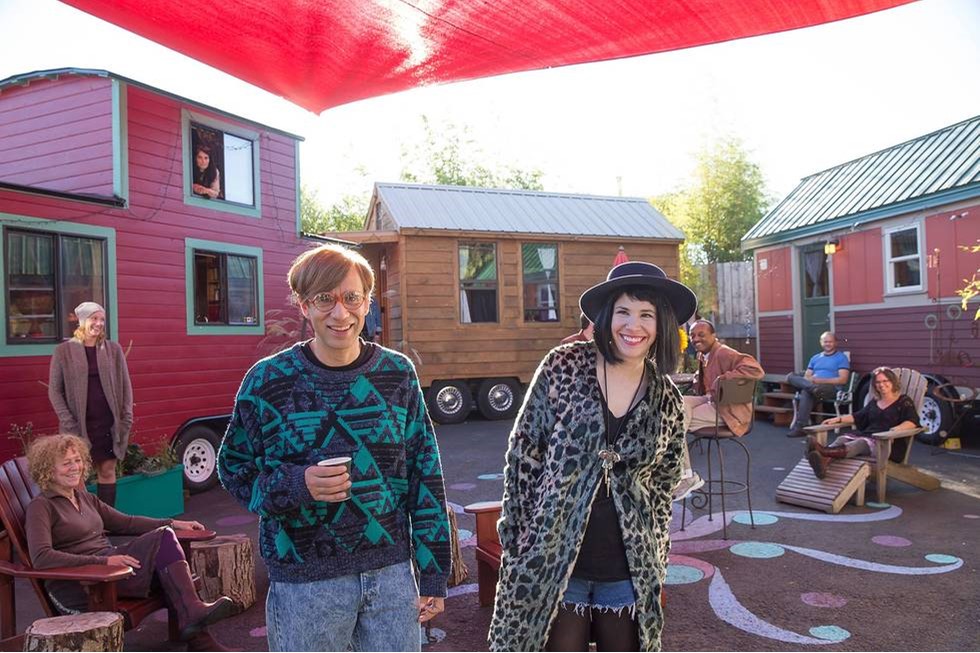
In 2015, an episode of the comedy television series “Portlandia” was shot in one of the custom-built homes, offering a tight-quarters spoof on the benefits of small-footprint living.
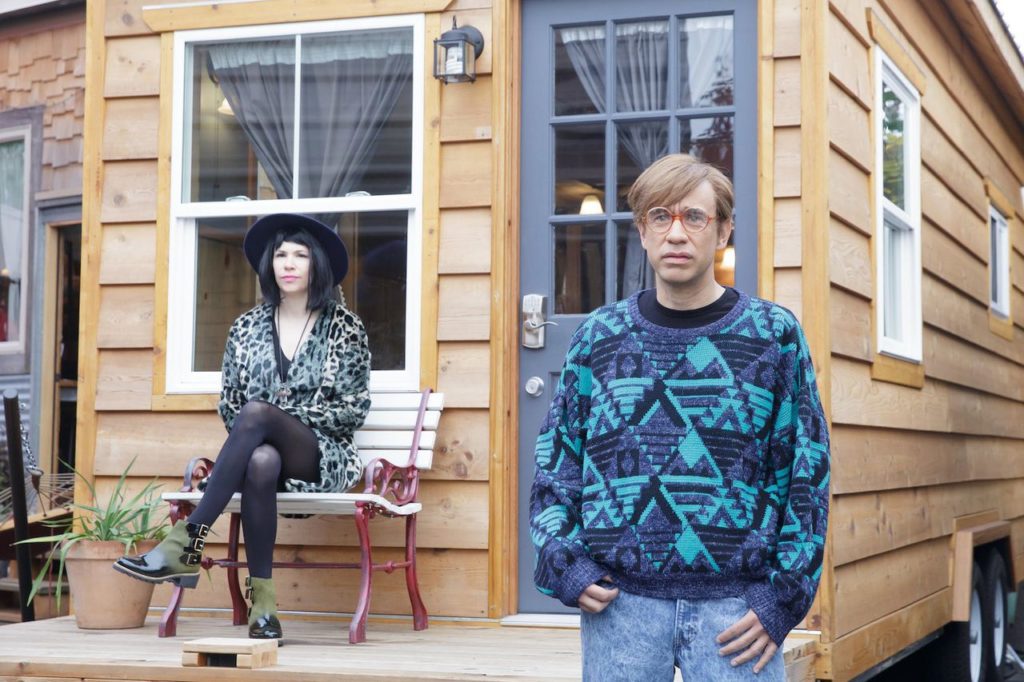
In the poking-fun-at-Portland series, Fred Armisen and Carrie Brownstein point out the benefits of micro-living. In one scene, Armisen’s character slides open a rustic wood door to reveal himself sitting on a toilet, his pants puddled at his ankles.”This is the bathroom and a home office,” he explains, his elbows resting on a narrow desk.
People new to the tiny house movement — the idea of living simply in a shelter the size of an area rug — might think the show’s 89-square-foot micro house is a set creation. Longtime tiny house fans, however, instantly recognize it as one of six bijou abodes for rent at Caravan.
I haven’t found out the actual reason Caravan sold off most of the tiny home hotel rooms but I suspect COVID-19 had a lot to do with it. Like many businesses in the hospitality industry, they simply couldn’t survive it.


